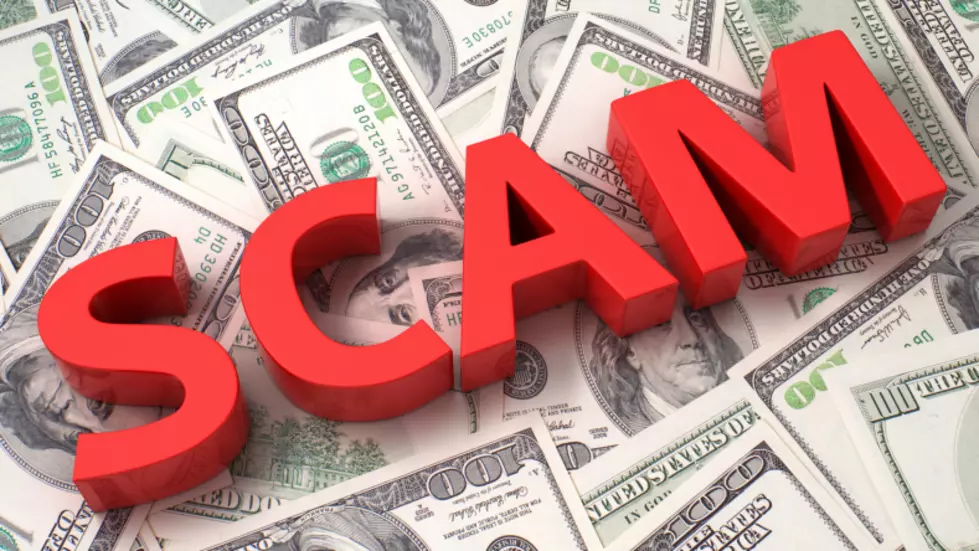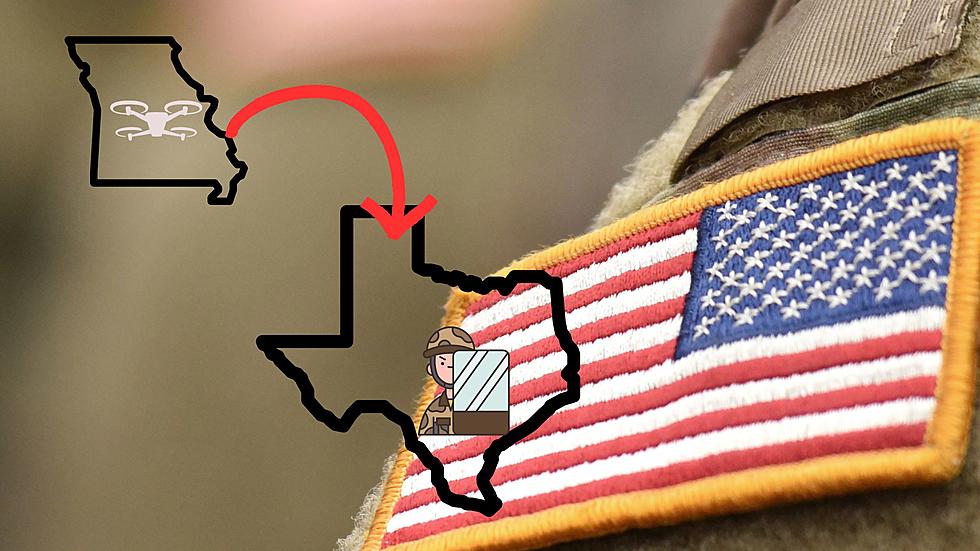
Tips for Avoiding Scam Artists
When tragedies such as Hurricane Harvey strike, people want to help out as much as possible. Unfortunately, scammers often use these events for selfish purposes, trying to scam good-hearted people out of money and resources.
In an effort to educate area residents, The Missouri Senior Medicare Patrol (SMP) is issuing a cautionary reminder to people who want to make donations to help the victims of Hurricane Harvey and the widespread flooding in Texas.
These tips may seem like common sense, but far too often residents fall victim to scam artists. Some of the tips the SMP recommends, include doing your homework before you donate any money to a charity.
The SMP says while many people are willing to help, many fraudsters are seeking to take advantage of their generosity. Both charities and scammers use the phone, face-to-face contact, the Internet, and smart phones to collect donations. Consumers must figure out which ones are legitimate. The Federal Trade Commission warns
people to be wary of groups that refuse to provide detailed information about themselves; won’t provide proof the donation is tax deductible; pressure donors into making a quick decision, or ask for cash to be wired.
The FTC says never provide your credit care number, bank account number, or any personal information until you’ve thoroughly researched the charity.
Gather information such as the charity’s name, address, and phone number. Conduct an Internet search for the name of the group and the words “scams” or “complaints.”
The SMP and FTC also recommend checking with the Better Business Bureau (BBB), Wise Giving Alliance, Charity Navigator, Charity Watch, or GuideStar for information on the charity.
If the solicitor is a paid fundraiser, ask for a name, percentage of donations that will
go to the charity, and how much will go to the cause (such as Hurricane Harvey relief.)
Know the difference between “tax exempt” and “tax deductible.” Tax exempt means the organization doesn’t have to pay taxes, while tax deductible means donors can deduct contributions from their federal income taxes.
Residents are urged to be wary of charities that spring up too suddenly, in response to disasters such as Hurricane Harvey. The SMP says, although the charities may be well-intentioned, they may not have a system in place to help the victims.
If you use text to donate, the charge will show up on your cell phone bill.
While the Missouri Senior Medicare Patrol concentrates on Medicare fraud and abuse, the organization wants consumers to be aware of all kinds of scams. Report suspected fraud by calling local law enforcement, or the SMP at 888-515-6565.
More From KIX 105.7










